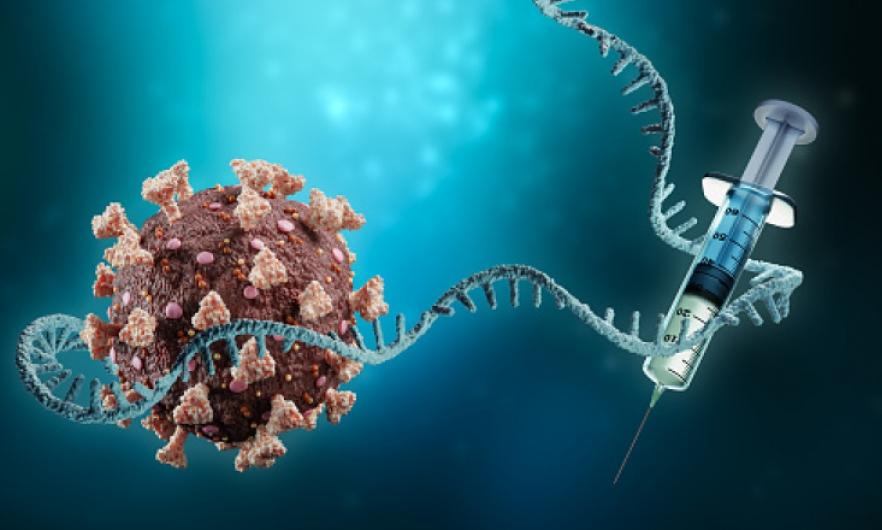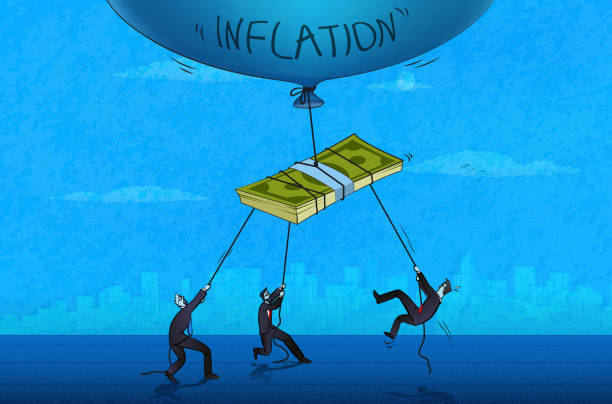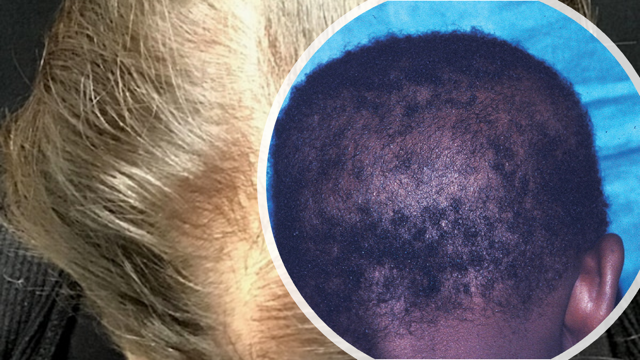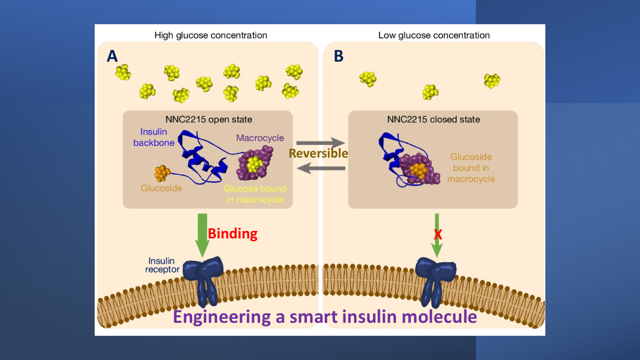The decision to take the vaccine is personal and it requires you to speak to your healthcare physician. This write-up will answer those burning questions on your mind.
In the past, vaccines took several years of research and testing before it could get to be produced. But the COVID-19 vaccine got cleared to be used in less than 11months. The secret behind this speed is a medical technology that has been developing for several years; it’s called the mRNA vaccine.
Let’s first look at some definitions.
Join our WhatsApp ChannelVaccine: This is a preparation that is used to stimulate the body’s immune response against diseases. Vaccines are usually administered through needle injections, but some can be administered by mouth or sprayed into the nose. Types of vaccines include Yellow fever Vaccine, Polio vaccine, Hepatitis vaccine , Smallpox vaccine, among others.
Vaccination: The act of introducing a vaccine into the body to produce immunity against a disease.
Immunity: The body’s protection from an infectious disease. If you are immune to a disease, you can be exposed to it without becoming infected.
Immunization: A process by which a person becomes protected against a disease through vaccination.
What is mRNA vaccine?
RNA is a biological software which encodes any protein that we want the cells to generate, it gives rise to an mRNA (messenger RNA) which is then injected into the body and goes into the cell causing the body’s ribosome to make that viral protein encoded in the mRNA.
To put it simple, RNA is a software that can create any viral protein look-alike. When the look-alike virus is created, it is then converted to an mRNA which when inside the body is recognised as a virus.(But it is just a look-alike not the actual virus).
In the case of the COVID-19 vaccine, the mRNA strand is programmed to create the “spike protein” resembling the novel coronavirus, which, when injected into the body, triggers an immune response that can protect against an encounter with the real coronavirus.
There are two approved mRNA vaccines. They are
Pfizer vaccine and Moderna vaccine.
Components of the mRNA vaccine
Protein code: This is the code containing the look-alike viral protein
Lipids: The lipids function to aid movement of the mRNA into the body’s cell
Salt and sugar:
Function to preserve the mRNA till it gets to its destination
It nust be noted that mRNA vaccines are to be kept at a temperature of 20 – 80°c
How does it work?
So when the vaccine is injected into your arm, your cells will take it in, ‘read’ the mRNA sequence, and make a look-alike spike protein. Because your own body doesn’t have any proteins that looks like that spike, your immune system ‘sees’ it as dangerous and mounts an attack against it and after destroying the virus the body then produces antibodies against that viral protein and stick around to defend against future coronavirus infection. So, if you later get infected with coronavirus, your immune system remembers that spike protein and still has the proper weapons to neutralise it.
This is why you feel sick.
Activation of our immune system causes fatigue, fever, muscle weakness and it means that the vaccine is working.
It is normal to feel sick after getting a vaccine. You may have pain at the injection site, put a cool, wet cloth on your sore arm; also move and use your arm so it feels better.
You may have the chills or a fever but using paracetamol can help relieve the fever.
You may feel very tired and that requires you to rest and you should feel better in a few days.
When to call the doctor
1. Call your doctor if your arm hurts more each day.
2. Call your doctor if you are worried about how you feel.
3. Get help right away if you feel very sick.
Advantages
1. It’s time efficient
2. It contains no viral particles
Can it alter our DNA?
No; it can not. The mRNA vaccine is short-lived; it has a very short life span. Hence, this RNA will not stay inside the cell an enough amount of time to do other things than produce the look-alike virus protein and then get eliminated from the body.
What are the considerations to getting the vaccine?
Speak with your health-care provider for advice before getting a vaccine, then consider the following:
1.If you get diagnosed with inflammation of the heart (myocarditis or pericarditis) by a physician after your first dose of Moderna or Pfizer COVID-19 vaccine without another cause being identified.
2. Do you have a history of cerebral venous sinus thrombosis with thrombocytopenia or heparin-induced thrombocytopenia. ( Blood clotting disease)
3. Do you have a history of multisystem inflammatory syndrome following COVID-19 symptoms
4. Do you have a new illness preventing you from your regular activities, you should wait until you have recovered so you can distinguish side effects of the vaccine from worsening of your illness.
Thank you for reading
Dr Kelly.
















Follow Us